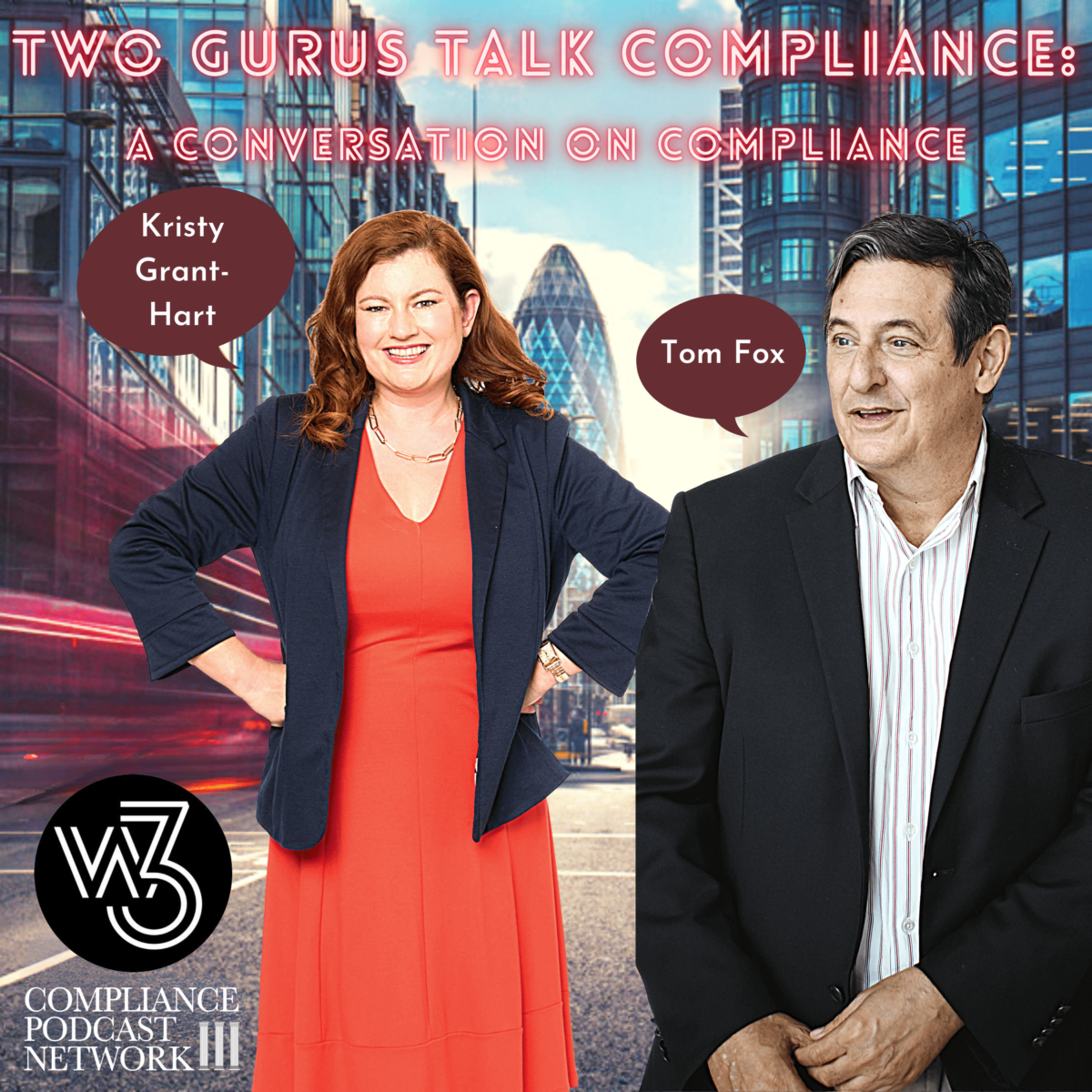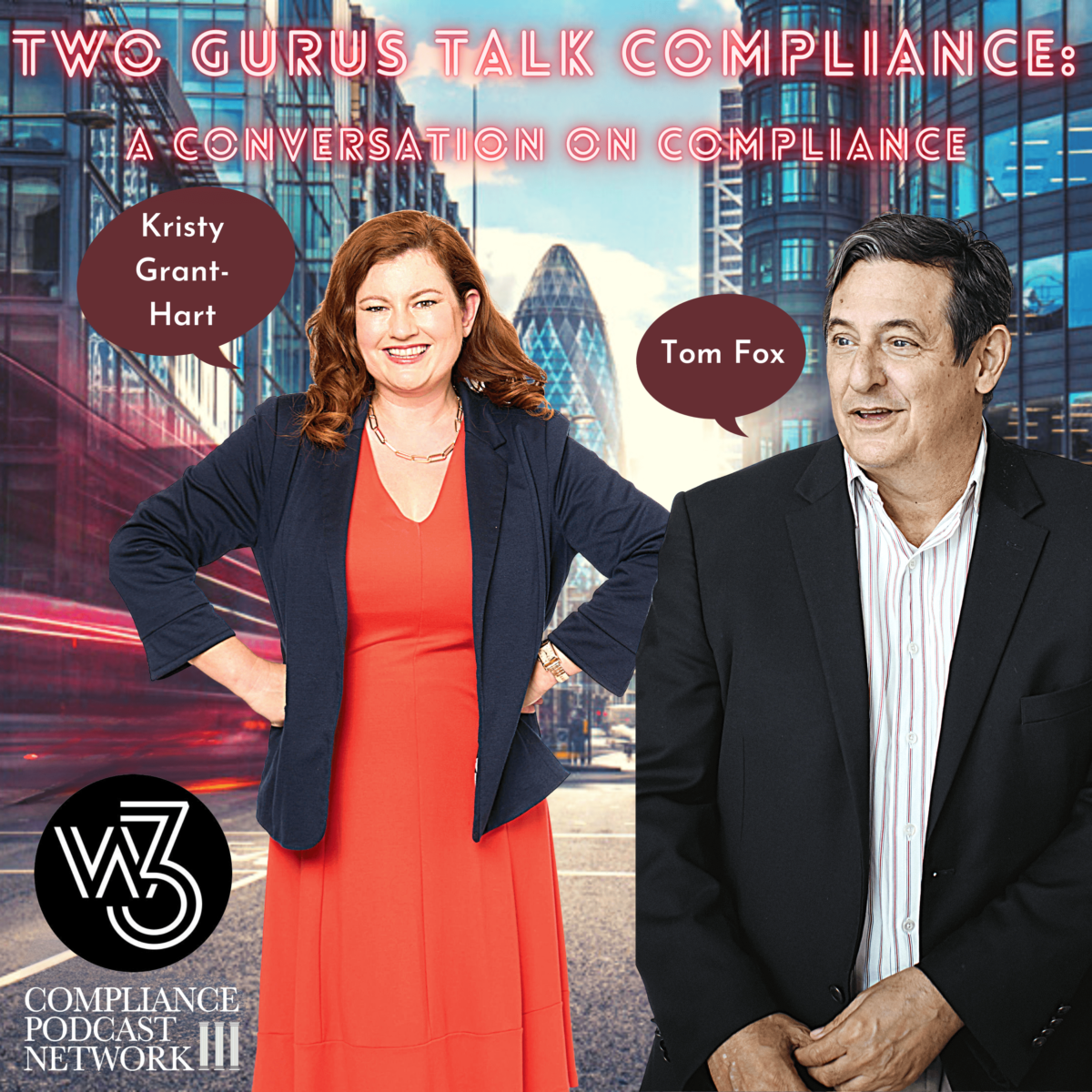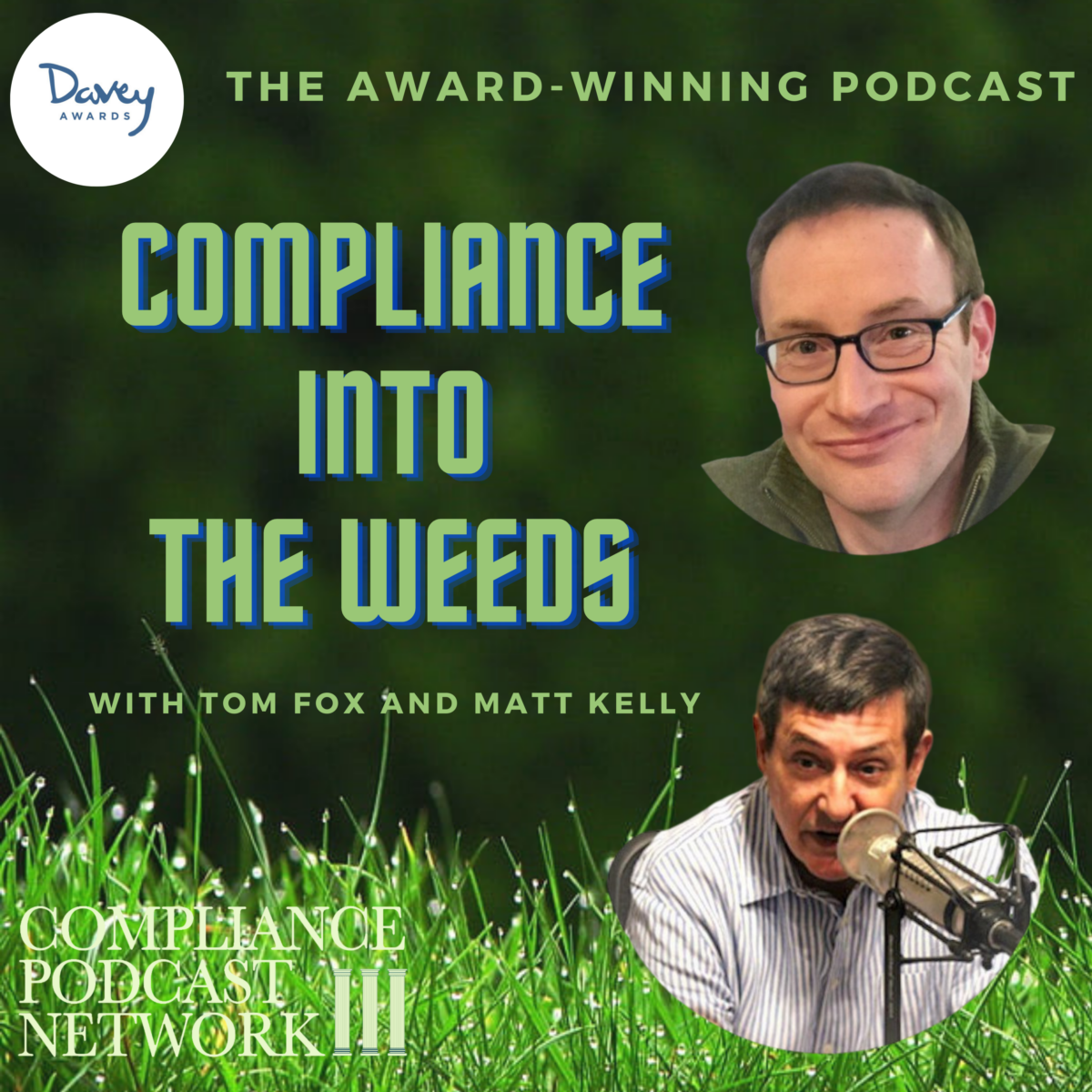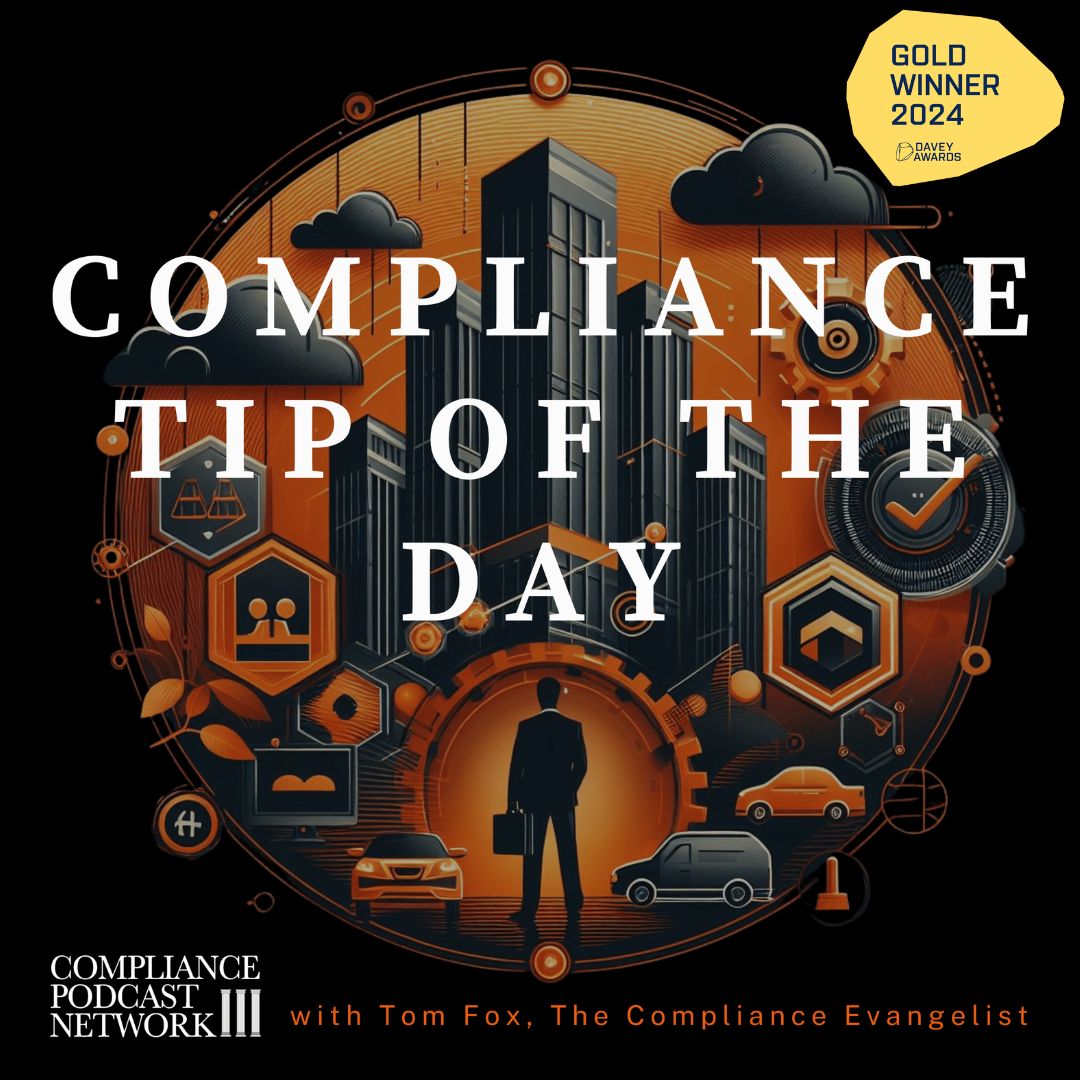Whistleblower programs have long been a cornerstone of corporate compliance, providing employees and stakeholders with a crucial mechanism to report misconduct, fraud, and ethical violations. However, whistleblower response programs in many organizations remain burdened by slow triage processes, an overwhelming volume of reports, and inconsistent follow-ups. The result? Potentially high-risk cases get lost in the shuffle, and employees lose confidence in the system, sometimes opting to go straight to regulators instead of utilizing internal reporting channels. AI-powered tools allow compliance teams to cut through the noise, identify patterns of misconduct, and proactively address risks before they escalate into regulatory or reputational disasters.
Lessons Learned for Compliance Professionals
Integrating cutting-edge technology with traditional investigative methods has ushered in a new era of efficiency and precision in addressing internal concerns. By harnessing advanced analytics, organizations can speed up case prioritization while maintaining essential human oversight. The following five lessons provide strategic insights into how AI can be optimally deployed to enhance whistleblower response times and streamline investigations.
1. Leveraging AI to Augment Strategic Decision-Making Capabilities
When discussing AI in whistleblower response and investigations, it’s imperative to understand that these advanced tools are a force multiplier for human expertise. AI systems can rapidly sift through vast volumes of data and flag anomalies and surface patterns that might otherwise go unnoticed. However, as any seasoned compliance professional will attest, context is king. While highly valuable, AI-generated alerts must be interpreted within the nuances of organizational culture, legal frameworks, and human behavior. This is where human judgment becomes indispensable.
Consider a scenario in which an AI system identifies a cluster of complaints that could suggest systemic misconduct. The tool might rank these cases by urgency, yet the final decision on how to proceed rests on experienced eyes that can assess subtle cues and contextual factors. This hybrid approach ensures that the investigative process is both swift and accurate. Human oversight can identify when an AI might be overzealous or missing context-specific insights, thus better calibrating the technology to suit the organization’s compliance needs.
2. Expedited, Transparent, and Data-Driven Whistleblower Response Frameworks
Various laws and regulatory requirements mandate that organizations react swiftly to whistleblower reports. With AI-driven systems, compliance teams can dramatically reduce the lag between submitting a report and initiating an investigation. Traditional manual processes might delay the evaluation, leading to enhanced regulatory scrutiny, fines, or significant reputational harm. AI-powered platforms can immediately triage the report, cross-reference it with existing data, and prioritize cases based on risk and historical patterns. This level of responsiveness not only meets the high expectations of regulators but also reinforces internal trust in the organization’s commitment to ethical conduct.
Transparency is another key facet. AI systems can log every step of the investigative process, creating an audit trail that is accessible for internal reviews and regulatory inspections alike. Such transparency is invaluable, demonstrating that the organization is serious about addressing compliance concerns in real-time. When employees see that their reports are acted upon swiftly and openly, it cultivates an environment of trust and accountability.
3. Leveraging Diverse Data Sets
One of the most critical lessons for compliance professionals leveraging AI in whistleblower investigations is the need for diversity in the data used to train these systems. AI is only as unbiased as the information it learns from. When processing sensitive whistleblower reports, any embedded bias can lead to unfair prioritization, potentially skewing investigations and undermining trust in the system.
Your AI tool should be continuously refined with diverse datasets representing various employee backgrounds, complaint types, and contextual factors. This practice ensures that the algorithms can handle the varied nature of whistleblower reports without favoring or penalizing any group or type of complaint. Compliance professionals should work closely with data scientists to conduct regular audits of AI outputs, ensuring the system’s decisions remain equitable and legally sound.
4. Fortifying Employee Confidence Within the Whistleblower Ecosystem
Building a robust and responsive whistleblower system is not about the technology. Rather, it is about fostering trust among employees. AI-driven systems can significantly enhance transparency and timeliness, but without employee buy-in, even the most sophisticated platform will fall short. When employees trust their concerns will be addressed promptly and fairly, they’re more likely to report issues internally rather than taking their concerns to external regulators, which can be more damaging to the organization’s reputation and finances.
AI’s role in this equation is pivotal. By automating the initial stages of case triage and providing real-time updates on the status of investigations, AI ensures that whistleblower reports are not lost in bureaucratic limbo. This immediacy reinforces the message that the organization is committed to addressing issues as they arise. The transparency AI systems offer—through comprehensive audit trails and clear reporting metrics—provides employees with tangible evidence that their voices are heard.
5. Elevating Stakeholder Confidence
While the initial investment in AI-driven whistleblower systems may seem steep, the long-term benefits, especially cost savings, are substantial. One of the key lessons for compliance professionals is that the deployment of AI is not merely a technological upgrade; it is a strategic decision that can transform the financial landscape of compliance operations. AI streamlines the investigative process by reducing the time to sift through and prioritize whistleblower reports, cutting down on labor-intensive tasks that often drive up costs.
By automating routine processes, organizations can reallocate human resources to more complex issues that require nuanced judgment. This speeds up the response time and minimizes the risk of costly errors or oversights that could lead to regulatory fines and legal liabilities. The efficiency gains from AI-driven investigations often translate into fewer disruptions and lower operational costs. For example, when a potential compliance issue is flagged and resolved promptly, the organization avoids the cascading expenses associated with prolonged investigations, legal battles, and reputational damage.
In addition, the transparency and accuracy provided by AI systems can serve as a form of risk mitigation. Detailed audit trails and systematic data analysis ensure that every step of the investigative process is documented, providing a solid defense in the event of regulatory scrutiny. This comprehensive documentation can be a lifesaver during audits, saving time and legal fees. Ultimately, while the upfront costs of AI implementation should be weighed, the return on investment is clear: faster, more efficient investigations lead to lower compliance costs, a stronger legal standing, and a healthier corporate reputation. In today’s high-stakes regulatory environment, AI is not just a tool—it’s a long-term financial strategy that benefits the organization’s bottom line and integrity.
The Future is Here: How AI Enhances Whistleblower Response and Investigations
In “Artificial Intelligence and Whistleblowing: Can A.I. be Useful for Whistleblowing Processes?” Kalliopi Zouvia detailed the evolving relationship between whistleblower protection and artificial intelligence. She reviews the emerging role of AI in strengthening mechanisms for detecting, reporting, and investigating unethical practices, making it a vital read for corporate compliance professionals seeking to harness technology in upholding ethical standards.
She reviews key milestones, including Council of Europe recommendations and, more recently, the EU’s Whistleblower Directive (Directive 2019/1937), which sets a standardized baseline for protecting individuals across the EU. For corporate compliance officers, understanding these regulatory benchmarks is essential for designing internal policies that comply with legal mandates and foster a culture of transparency and accountability. Central to the discussion is the three-tier reporting model outlined by the Directive, which offers multiple channels for whistleblowers to report concerns—internally, externally, to competent authorities, or, ultimately, publicly via the media. Confidentiality and, where possible, anonymity remain crucial elements, ensuring that the identity of the reporting individual is safeguarded against unnecessary disclosure. While providing flexibility, this model also imposes significant operational challenges on organizations tasked with responding swiftly and effectively to such reports.
A major focus of the article is the potential of artificial intelligence to enhance each stage of the whistleblowing process. AI-driven reporting systems, such as chatbots, are highlighted as powerful tools that can guide individuals through the reporting process, reducing the likelihood of incomplete submissions and providing simple instructions about reporting requirements. Real-time translation services powered by AI can break down language barriers, broadening access to reporting channels across diverse cultural and ethnic groups, a critical factor for multinational corporations committed to global ethical standards.
Beyond the initial report submission, AI shows promise in streamlining the vetting and investigative processes. Automated data extraction and advanced analytics can sift through vast amounts of information to isolate relevant details, significantly reducing the manual burden on compliance teams. This technology speeds up the preliminary review of allegations and helps identify patterns or red flags that may show deeper systemic issues. Such efficiencies are valuable considering increasing report volumes, as evidenced by European and American whistleblowing statistics trends.
AI-driven whistleblower response programs are no longer futuristic concepts but essential tools for modern compliance teams. By integrating AI into whistleblower programs, companies can prioritize high-risk cases, accelerate investigations, enhance transparency, and protect whistleblowers from retaliation. As regulatory bodies continue emphasizing whistleblower protections, organizations that fail to modernize their response programs risk falling behind in compliance maturity and exposing themselves to legal and reputational risks.
The call to action for compliance professionals is clear: Embrace AI-driven whistleblower programs now or risk facing regulatory scrutiny later. The technology is available, the benefits are measurable, and the time to act is now.














